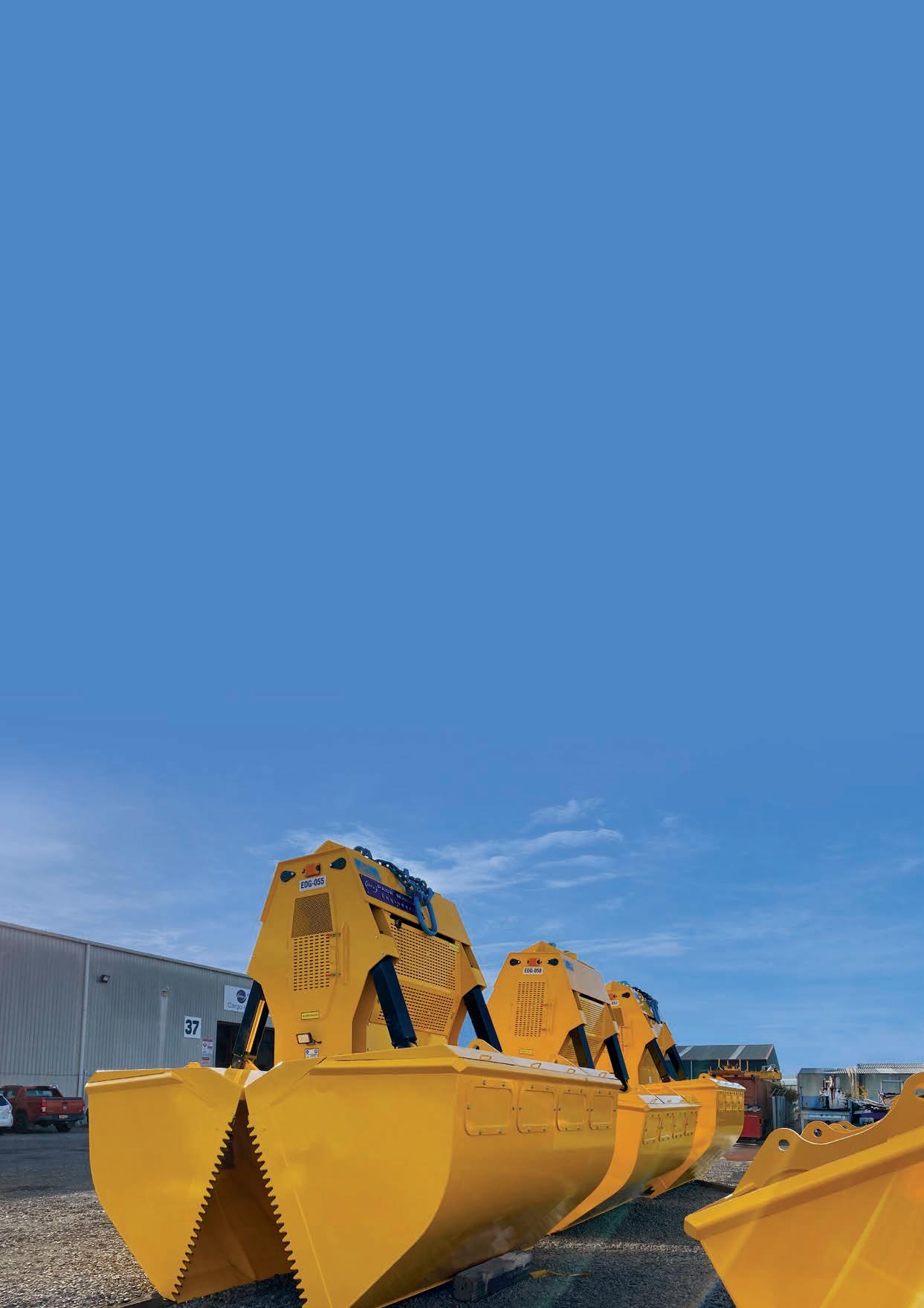
6 minute read
Industry news
CBH biofuel trial more efficient than fossil fuels
THE CBH GROUP HAS ACHIEVED A
significant reduction in greenhouse gasses following its first biofuel trial on a grain vessel exporting from Australia.
CBH Marketing and Trading partnered with Oldendorff Carriers to ship 30,000 tonnes of sustainably certified malting barley aboard the biofuel-powered Edwine Oldendorff in January 2022.
The trial found that the biofuel blend achieved a 14 per cent reduction in greenhouse gas emissions (against an estimated 15 per cent reduction) for its journey from Albany (Western Australia) to Vietnam compared to conventional fossil fuels.
The biofuel was also found to have no impact on the speed of the vessel or its engine performance.
The biofuel blend was supplied by integrated energy company BP and comprised 20 per cent biofuel, largely made from recycled cooking oils.
CBH Chief Marketing and Trading Officer Jason Craig said this is a fantastic result that will help pave the way for a more sustainable grains industry.
“The trial has gathered valuable information which will undoubtedly shape efforts to decarbonise the shipping industry,” Craig said.
“Reducing emissions along the supply chain is a massive task and we are proud to be working alongside our global partners to find a solution.”
The malting barley, which is accredited as sustainable under the International Sustainability and Carbon Certification (ISCC) program, was set for Vietnam’s leading malting company, Intermalt.
Intermalt services several brewing customers, the largest being Heineken, which has set a target of a carbon neutral value chain by 2040.
“This trial is one way we are making sure we can continue to meet the increasing market demand for sustainable grain and keep our WA growers competitive,” Craig said.
Oldendorff Carriers Melbourne Managing Director, Ben Harper said, “We are very satisfied with the trial and consider it a successful demonstration of the sourcing, supply and combustion of the biofuel blend.”
“Given the reduced carbon input, reduced carbon emissions and the inspection of the engine equipment, we conclude that this voyage was performed in a more efficient manner than a similar voyage fully powered by fossil fuels,” he said.
The trial found that the biofuel blend achieved a 14 per cent reduction in greenhouse gas emissions.
REMA TIP TOP acquires German conveyor company
REMA TIP TOP AG HAS ACQUIRED
HEMPEL Industrievulkanisation GmbH & Co. KG, a conveyor technology company based in Southern Germany.
HEMPEL Industrievulkanisation has provided the installation, repair and splicing of rubber and PVC conveyor for 45 years.
It is also a service partner for the maintenance and renewal of conveyor systems, coating and repair of conveyor belt drums and idlers, and wear protection technology.
“Both companies are linked by a longstanding partnership, which will be taken to the next level with the acquisition,” company owner Roy Hempel said, who started his career at REMA TIP TOP.
Bodo Wein of REMA TIP TOP, who will support Roy Hempel on the management board, said service and solution orientation will continue to be the unrestricted focus of its thinking and business in the future.
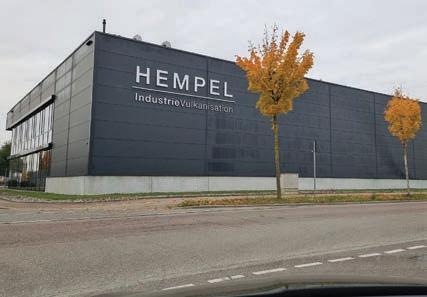
HEMPEL Industrievulkanisation has provided the installation, repair and splicing of rubber and PVC conveyor for 45 years.




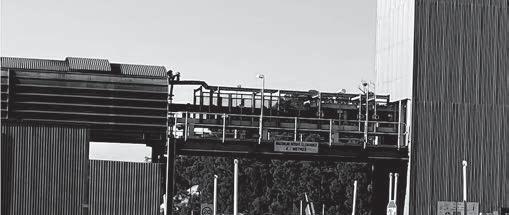

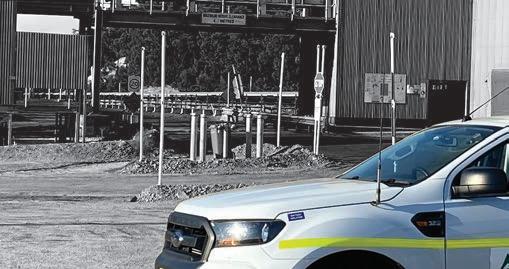


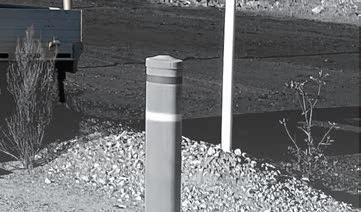








Plenary Group, Clough, GS Engineering and Construction, Webuild and Service Stream, will deliver around 128 kilometres of new and upgraded rail track.
THE AUSTRALIAN RAIL TRACK
Corporation (ARTC) has awarded a contract worth more than $5 billion to a consortium for the Gowrie to Kagaru section of Inland Rail.
The consortium, comprising Plenary Group, Clough, GS Engineering and Construction, Webuild and Service Stream, will deliver around 128 kilometres of new and upgraded rail track through the most geographically challenging section of the project.
It will include a 6.2-kilometre tunnel through the Great Dividing Range, the largest diameter freight tunnel in the southern hemisphere.
Being delivered as a public-private partnership (PPP), the contract will also include a 25-year maintenance phase after the completion of the section between Gowrie to Kagaru.
ARTC Inland Rail Interim Chief Executive Rebecca Pickering said the decision to select Regionerate Rail followed a two-year process with the best of international expertise competing to be part of the project.
“This landmark agreement is huge for Inland Rail and puts billions of dollars in stimulus, jobs and longterm economic growth on the table for Queensland – through construction, Inland Rail is expected to support more than 11,800 jobs and deliver a $7.8 billion boost to the state’s economy during construction and the over the forward operations,” Pickering said.
“This is an important step. Regionerate Rail have been able to leverage their own considerable engineering expertise to produce truly innovative design and construction methods for this technically challenging project.
“I am looking forward to seeing their solution become a reality. This project is a game-changer for the way we will deliver freight around the nation and during the past two years we have been reminded time and time again how important our future supply chains are.”
Webuild Chief Executive Officer, Pietro Salin said Australia is one of its most strategic markets in the world, given the opportunities that it offers in sustainable mobility and renewable energy.
“We are proud of Webuild’s involvement in Inland Rail, especially on the most technically complex section of the project. Our reputation continues to strengthen, built day in, day out by our people in a country that is one of the most demanding markets in terms of quality and expertise required,” Salin said.
“As a Group, we have been in Australia since the 1970s. We have gradually expanded our activities in a number of states, from Western Australia to New South Wales, from Victoria to Queensland.
“This latest project, after the North East Link in Melbourne, is the results of years of investment made in a country where we aim to consolidate our presence for the long term – as Australians in support of clients who face the challenges of delivering sustainable infrastructure of quality to their communities.”








